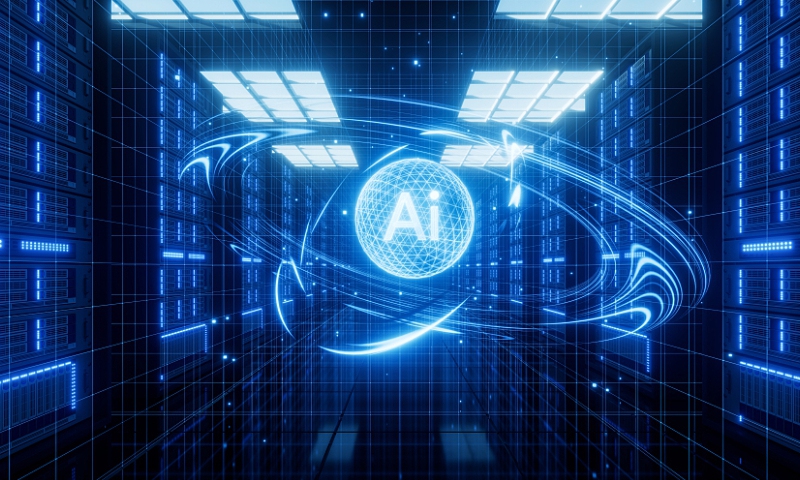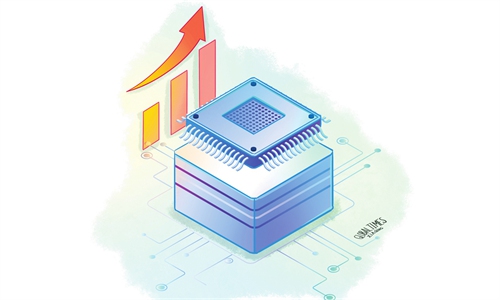AI ushers in fourth industrial revolution, with China potentially becoming a leading force: CAE academician

AI Photo: VCG
Artificial intelligence (AI) has ushered in the fourth industrial revolution and China has the opportunity to become a leading force in this intelligence revolution. At the same time, the popularization of robots will change the way humans live and produce in the next 10 years, Zhang Yaqin, an academician of the Chinese Academy of Engineering and chair professor of AI Science at Tsinghua University, told the Global Times at the Boao Forum for Asia (BFA) Annual Conference 2025 in Boao, South China's Hainan Province.
AI is the key that has unlocked the door to the fourth industrial revolution. The focus now shifts to how to apply AI across numerous industries, according to Zhang.
"In the first three industrial revolutions, China was a follower or bystander. With the AI-driven fourth industrial revolution, China has the opportunity to become a leading force," Zhang said. He noted that this opportunity stems from China's national strength, abundant talent pool and robust internet infrastructure.
Citing the mobile internet era as an example, he said that while China initially followed the US model in technology and business practices, it later surpassed the US in development [of many areas]. "Whether in terms of scale, user experience or mobile payment systems, many of the apps with top downloads in the US are from China."
Speaking on the development of AI, Zhang mentioned "fragmentation" when asked about the greatest risk in current AI development.
If global AI development fractures into isolated systems operating in silos, it will hinder progress for all. Historically, technological advancement and economic growth have thrived on globalization, while competition exists but remains non-confrontational. The greatest risk arises if geopolitical tactics are used to fragment the AI field, Zhang said.
He emphasized that China has maintained an open and collaborative approach in this regard. Regarding technical risks, Zhang noted that "these are manageable challenges."
Asia's AI development is closely tied to China, as "China will be a 'leading force' in the AI field, progressing alongside Asia, including countries still relatively closed off in cutting-edge technologies," Zhang noted.
Innovation including the technological advancements of AI has become a significant part of promoting Asia's integration process. The Asian Economic Outlook and Integration Progress Annual Report 2025 released during the BFA noted that Asia far exceeded other regions in terms of research and development investment intensity and patent filings, emerging as a global leader in technological innovation. "Asia now stands at the forefront of a new industrial revolution," the report noted.
"While nations vary in developmental stages within the AI domain, the technology is poised to achieve democratization and inclusive accessibility, with the open-sourcing of innovations like DeepSeek actively turning this vision into reality," Zhang said.
Elaborating on his prediction that the number of robots may surpass humans within a decade, Zhang said that robotic "brains" would achieve significant maturity through advancements in AI integration, while "limbs" would utilize more advanced materials and enable precise human-like dexterity technologically. Economically, robots would become as popular as mobile phones and would be priced similarly to them.
Global players including China are stepping up efforts to drive the industrial development of robotics.
As of the end of 2024, the number of enterprises in China's smart robot industry had reached 451,700, with total registered capital of 6.44 trillion yuan ($887.37 billion), according to the State Administration for Market Regulation. The number of enterprises had grown by 206.73 percent from the end of 2020, encapsulating the sector's meteoric rise, the Xinhua News Agency reported.



